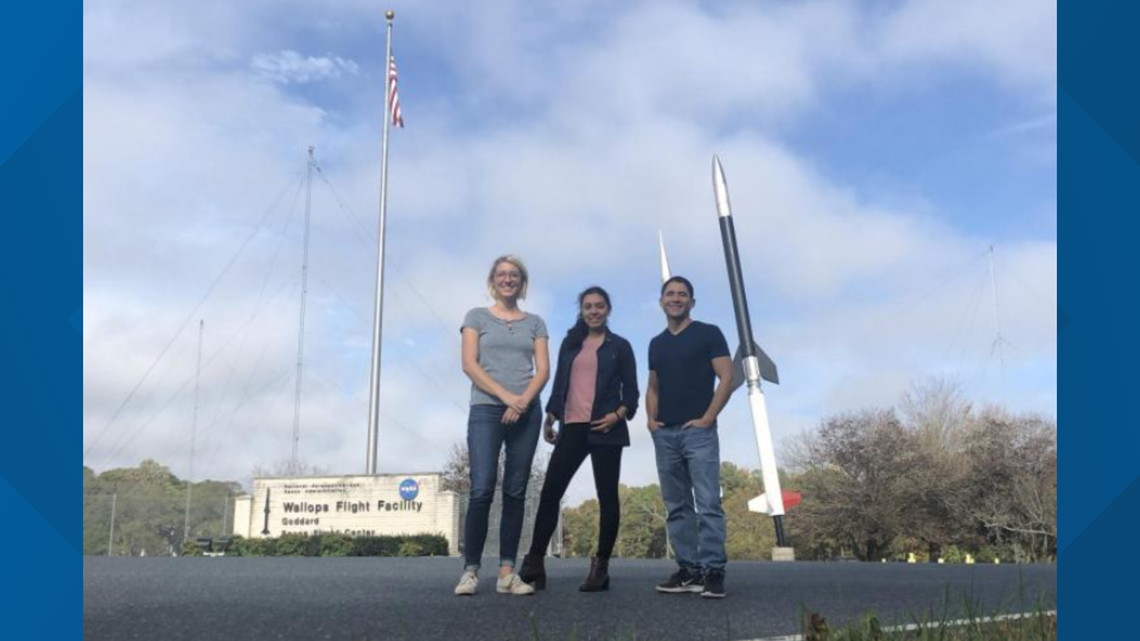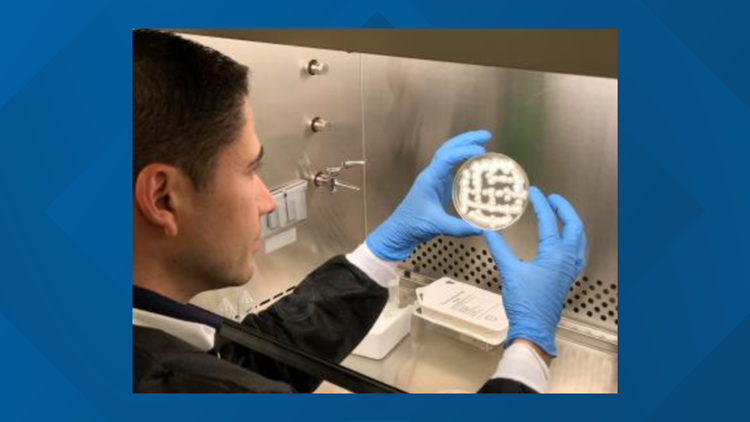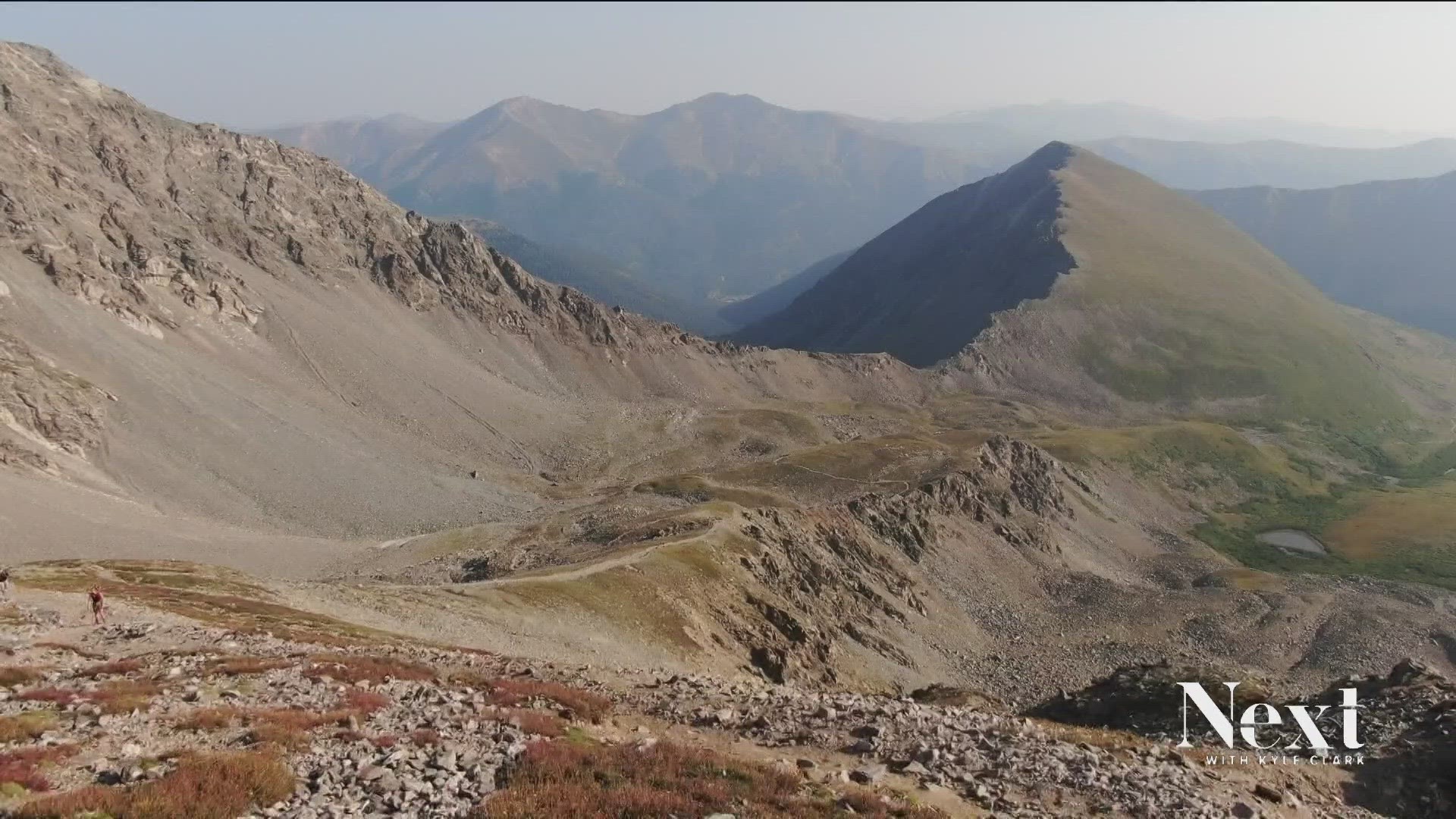BOULDER, Colo. — Students at the University of Colorado Boulder are investigating ways to get rid of fungus and mold discovered at the International Space Station (ISS).
The university's Aerospace Engineering Sciences Department shared the news on the CU website, saying BioServe Space Technologies, where students form a significant portion of the team, are investigating potential solutions.
The study is funded by a $750,000 grant from NASA.
According to the university's website, a cargo resupply mission that launched Saturday morning to ISS has BioServe's experiments on board.
CU Boulder students and Luis Zea, an assistant research professor in BioServe who is leading the study, visited the Wallops Flight Facility in Virginia on Thursday in the run-up to the launch.


“They’ve found cultures of these microbes on the shuttle, Mir, and ISS. Every long-term mission has seen a growth of microbes where you don’t want to see them,” Rylee Schauer, an aerospace engineering sciences master’s student working on the project, said in the CU website's post.
According to CU Boulder, the microbes are a type of fungus or bacteria called biofilm, which can hide behind panels and inside pipes on the space station. This type of bacteria can be harmful in space because they can eat through the surface they're growing on. They can pose a risk to humans if the formation increases, the university said on its website.
The university said biofilms are bad for NASA's future missions to distant destinations like Mars.
If any damage is made to a component on the ISS, sending a replacement part on a regular resupply mission would be difficult if the ship was millions of miles away, the university said.
Aside from CU Boulder, the research team that is part of the investigation includes NASA, the German Aerospace Center, Saarland University in Germany, the Massachusetts Institute of Technology, and Universidad del Valle de Guatemala, the university's website said.
RELATED: Apollo 11 Anniversary: Students travel to Mars-like environment to learn about emergency medicine
SUGGESTED VIDEOS | Local stories from 9NEWS



